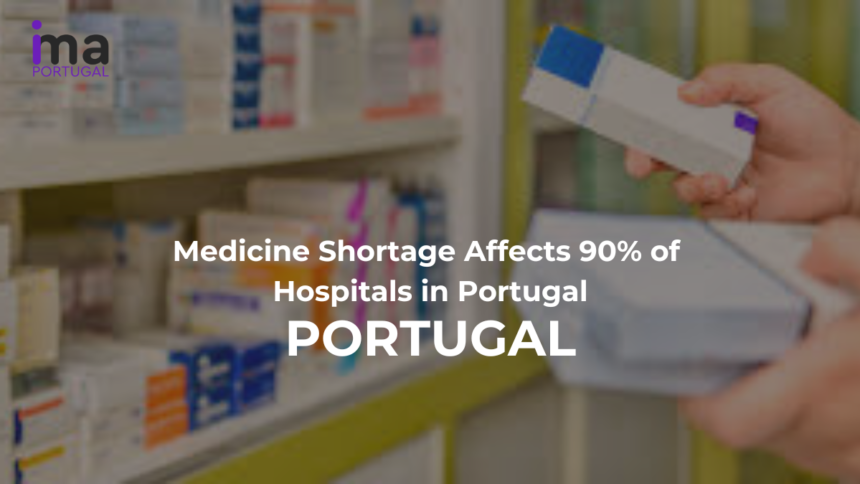More than 90% of hospitals in the National Health Service (SNS) had medicine shortages in 2023, but managed to overcome the difficulties by resorting to other health units, therapeutic alternatives or requests for exceptional use.
Stockouts Considered a Serious Problem
The National Index of Access to Hospital Medication 2024, published by the Portuguese Association of Hospital Administrators (APAH) this Friday, reveals that 93.1% of hospitals view stockouts as a serious problem affecting all types of medicines.
Despite this, most hospitals have implemented measures to mitigate the impact of these shortages.
Read More About: INEM Investigation: President Calls for Accountability Over Strike Response
Measures to Address Medicine Shortages
The measures to address medicine shortages include sourcing medications from other hospital institutions, submitting requests for Exceptional Use Authorization (AUE) for alternative drugs, seeking guidance on therapeutic alternatives from the National Pharmacy and Therapeutics Commission, issuing new orders to distributors, and coordinating with Infarmed.
APAH President Xavier Barreto told the media that:
We have always had a huge percentage of hospitals with outages (…) for various reasons: either because there are drops in production, or because there are temporary interruptions in the production of some medicine.
Impact of Stockouts and Frequency

The data collected reveals that 37.9% of stockouts primarily affect generic medicines, while more than half (55.1%) indicate that shortages impact all types of drugs.
Furthermore, nearly half of the responding hospitals report daily stockouts, 24.1% experience them weekly, and 13.8% face shortages monthly.
Also Read: Lisbon Property Market: Private Buyers Drive Record Investments in 2024
Managing Shortages to Minimize Patient Impact
Xavier Barreto emphasized the importance of clarifying that stock shortages are managed by hospitals to avoid any negative impact on patients.
He further explained that:
We would prefer not to have [outages], because when we do have them, we force professionals to work extra hours. They have to call colleagues at other hospitals and ask if they can borrow a certain medicine until they can buy it. They often have to resort to alternative therapies or other medicines to make up for the shortage. But this has always happened.
The National Index of Access to Hospital Medicines 2024 was based on data collected from National Health Service hospitals between July 15 and September 30, with a response rate of 69%.






